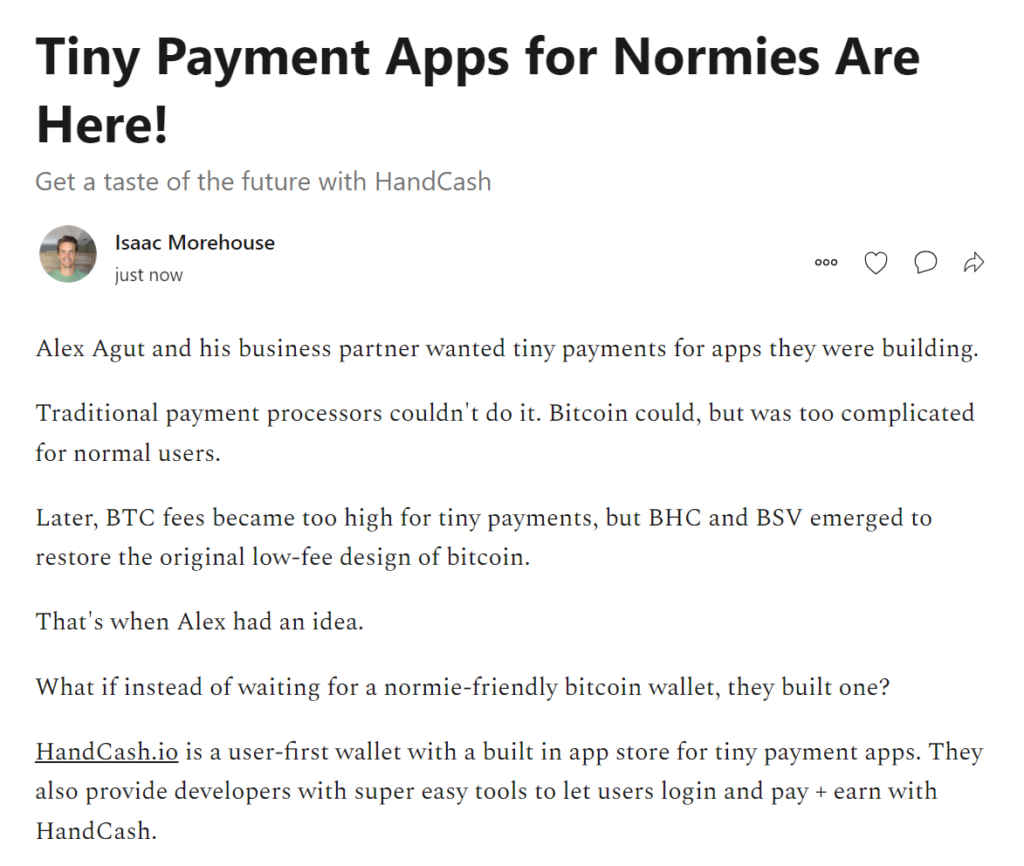A degree is a signal.
It became a useful artifact for hiring managers working with limited information to separate candidates likely to have greater conformity, persistence, and willingness to invest in themselves.
But times have changed. A degree no longer does a good job of signaling persistence and willingness to invest in oneself, while conformity isn’t a very desirable trait in the best modern jobs.
In fact, not having a degree is becoming a better signal of value than having one.
Let’s break down the attributes above one at a time.
Conformity
The ability to follow rules and plans and programs has been traditionally valued by employers, especially in factory-like settings or bureaucratic corporate structures.
In an age of nimble startups, creative tech companies, remote work, gig-work, and ever-shifting forms of collaboration, conformity is more of a red flag than desirable trait.
Those who must be handed a clear script and constantly directed struggle in this more dynamic world. Those unafraid to try, fail, explore, experiment, and problem-solve excel.
A degree signals that you can sit in classes and complete arbitrary assignments without deviating or innovating. It also signals that you took the easy path. Since all of society pushes relentlessly towards college, it takes little courage or creativity to do it.
Opting out, on the other hand, is bold. It requires confidence, willingness to endure questions and scorn, and it demands you create your own structure and plan. These are desirable traits for the best companies.
Persistence
Persistence is valuable to those hiring because they want to know that when the going gets tough, you won’t quit and require them to train someone new.
Though still a valuable trait, persistence means something different than it used to. The average employee spends a little less than a year in their first job. Companies can only fight this so much. Most don’t expect you to stick with them for life, or even half a decade. But they do expect you to not quit at the first sign of struggle.
A degree has limited and declining ability to signal persistence. For one, the average grad takes 6 years to get a 4-year degree, so the idea of a gritty grinder pushing through to the finish means less. For another, the college experience is less rigorous than once imagined. It doesn’t take much to get a degree in most programs, and employers have limited ability to see whether that degree was earned through persistence or was granted just cause you paid and sat in class.
More importantly, there are much more valuable ways to signal persistence.
I saw a LinkedIn post where a manager asked whether people would rather hire someone with a degree or someone who had run a marathon. Hundreds responded and it was a landslide for the marathoner.
Even committing to and completing a daily blogging challenge for 30 days signals more of the kind of persistence companies crave than sitting in a classroom for a few hours a day for four years.
Those who opt-out of college and instead intern, apprentice, or complete self-guided learning or projects have a stronger signal of persistence.
Willingness to invest in yourself
Employers want team members who gain value every day. Relentless learners. A willingness to think longer-term, and endure some short-term cost for longer-term payout is important.
College is costly, and has thus served as a proxy for willingness to invest in oneself. But the equation is shifting dramatically.
The availability of artificially easy credit for college means little short-term sacrifice is required of most students. In fact, they often have luxury dorms, fancy facilities, and all kinds of perks wrapped in to the un-spartan experience. They also get nothing but praise from society just for going, even if they goof off the whole time.
It is difficult to determine whether someone is willing to invest in themselves just because they went to college.
An opt-out who paid for a seminar, read books without being assigned them, did free-work as a means to shadow and learn, or spun up a personal website or created a podcast strongly signals self-investment.
The counter-signal
There is a reason top startup investors started explicitly looking for people who dropped out of college to invest in. The signal sent by a degree became negatively correlated with the traits needed to succeed as an entrepreneur, while the willingness to buck the trend and dropout signaled the right things.
Entrepreneurship is expanding. It’s not an approach only valuable to company founders anymore. It’s increasingly valued across every role and opportunity at the fastest growing companies.
Those who choose to do something better than college send a strong signal highly valued in the market.
They refuse to simply follow the crowd and hope for the best. They want more.
They are getting it.
Programs like Praxis, where young people learn professional skills then get placed in startups to apprentice, see 95% of graduates fully employed at the end of the program.
Meanwhile, only about half of degreed students are employed within six months of graduation, and over half of those in service jobs they could’ve gotten right out of high school.
Right now, the best way to stand out is to opt-out.
Like this:
Like Loading...


